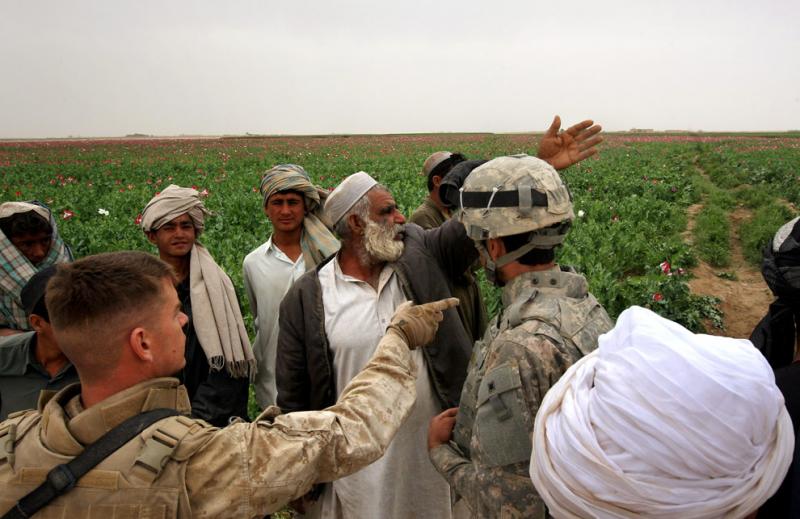|
|
Life In Afghanistan
|
Though the modern state of Afghanistan was established in 1747, the land has an ancient history and various timelines of different civilizations. Excavation of prehistoric sites by Louis Dupree, the University of Pennsylvania, the Smithsonian Institution and others suggest that humans were living in what is now Afghanistan at least 50,000 years ago, and that farming communities of the area were among the earliest in the world.
Afghanistan is a country at a unique nexus point where numerous civilizations have interacted and often fought, and was an important site of early historical activity. The region has been home to various peoples through the ages, among them were ancient Aryan tribes who established the dominant role of Indo-Iranian languages in the region. In certain stages of the history the land was conquered and incorporated within large empires, among them the Achaemenid Empire, the Macedonian Empire, the Indian Maurya Empire, the Muslim Arab Empire, the Sasanid Empire, and a number of others. Many dynasties and kingdoms have also risen to power in what is now Afghanistan, such as the Greco-Bactrians, Kushans, Indo-Sassanids, Kabul Shahis, Saffarids, Samanids, Ghaznavids, Ghurids, Kartids, Timurids, Mughals, and finally the Hotaki and Durrani dynasties that marked the political beginning of modern Afghanistan.
Following the September 11, 2001 attacks in the United States, the U.S. and British air forces began bombing al-Qaeda and Taliban targets inside Afghanistan during Operation Enduring Freedom. On the ground, American and British special forces along with CIA Special Activities Division units worked with commanders of the Northern Alliance to launch a military offensive against the Taliban forces. These attacks led to the fall of Mazar-i-Sharif and Kabul in November 2001, as the Taliban retreated from the north of the country to the south. In December 2001, the International Security Assistance Force (ISAF) was established by the UN Security Council to help assist the newly formed Karzai administration.
|
|









